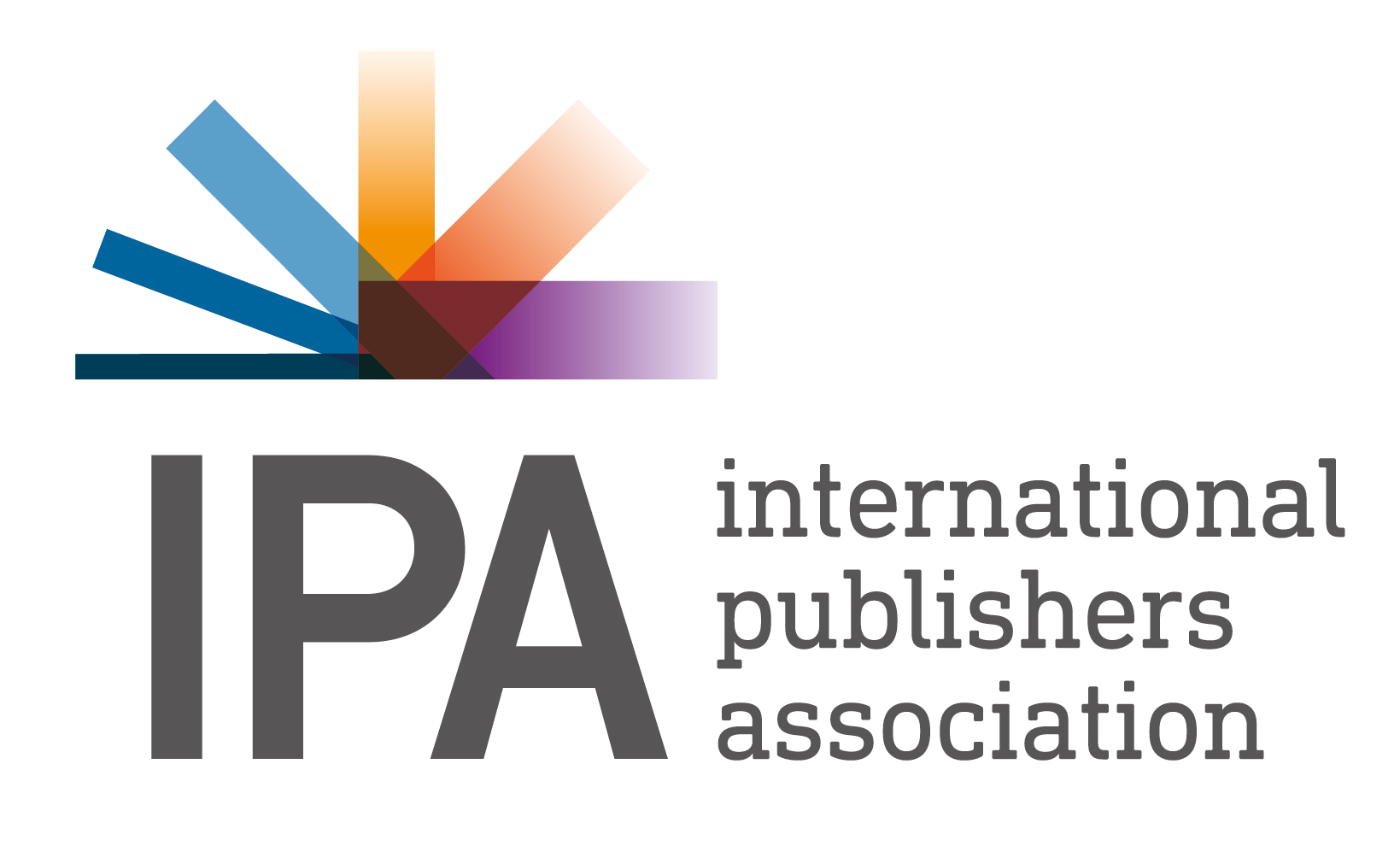Kenya Copyright Law Reform to Sacrifice Creative Industries to Technology Companies
on Feb 14, 2022

The International Publishers Association (IPA) stands alongside the Kenya Publishers Association (KPA) in being extremely concerned by the current form of the Copyright Reform Bill (National Assembly Bill No. 44 of 2021) which passed its second reading last week and seems set to be adopted at third reading later this week. As it stands, the Bill is unacceptable and is an inexplicable step backwards for Kenya's copyright policy.
The approval in second reading was unexpected and ignored opposition by many national and international creative sector organizations expressed in a public consultation in December 2021. A public hearing by the Departmental Committee for Communication, Information and Innovation is scheduled for February 15, where IPA and KPA will continue to express their concerns.
At issue is the Bill's proposal to repeal the provisions setting out minimum standards for online enforcement in Kenya. In addition to eliminating legal mechanisms on notice and takedown procedures and provisions establishing ISPs liability, the Bill also proposes to repeal the section that enables copyright owners to file injunctions to deter infringement of their rights. These provisions were adopted just 3 years ago and were a first step towards Kenya becoming a Contracting Party to the WIPO Copyright Treaty, an important milestone for the advancement of Kenya's international copyright and trade policies.
Online piracy remains a serious problem in Kenya, affecting its creative industries' ability to secure the investments required to develop and maintain digital business models. The 2019 review was seen by creative industries and other stakeholders as an important step in creating the necessary conditions for a fair digital marketplace. The current Bill is not based on an impact assessment of the needs of creative industries, nor does it present a reason for eliminating the online enforcement provisions implemented in 2019.
The absence of an online enforcement legal framework is often a criterion for a country to appear in Intellectual Property Watch Lists, like the EU Counterfeit and Piracy watch list and the USTR's special 301 report. In addition, the legal uncertainty that this creates can only undermine national and foreign investments in Kenya's creative industries.
José Borghino, Secretary General of the IPA said: This potential step backwards in Kenyan Copyright Law makes no sense. The 2019 reform made Kenya a beacon in the African landscape. Local publishers across the continent have been discouraged from going digital due to weak online enforcement and the fear of even worse digital piracy than the terrible physical piracy they already face. Under the cover of professing to support local creators this Bill will do exactly the opposite, setting Kenyan publishers on the back foot in the global digital market place.
Lawrence Njagi, Chairman of the Kenya Publishers Association said: While educational publishers in Kenya have worked tirelessly to produce digital education resources to make the digital education reform in Kenya a reality, partnering alongside the Kenya Institute of Curriculum Development, this Bill will leave us exposed and unable to enforce our rights and those of our authors. We urge the members of the National Assembly to reconsider. How can publishers be able to invest if essential laws to secure the value chain of publishing are to change every three years?

.jpg)
.jpg)
.jpg)
.jpg)
.jpg)

.jpg)
.jpg)
.jpg)
.jpg)
.jpg)


_(1).jpg)
.jpg)











Sorry! No comment found for this post.